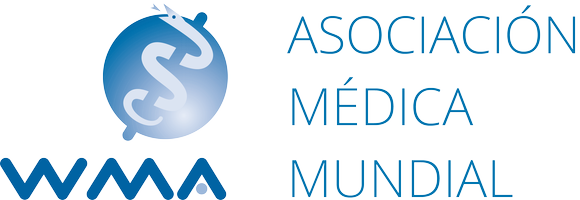05.06.2018_HRC38_Concept note
Copiar PDF
The right to health and the criminalisation of impartial
healthcare
A side event at the 38th Session of the Human Rights Council
20 June 2018, 12.00-13.30, Room XXIII, Palais des Nations
Co-organized by Switzerland and Colombia, the Human Rights Centre at the University of Essex, and
the Safeguarding Health in Conflict Coalition.
Security Council resolution 2286 in May 2016 urges member states to develop “domestic legal
frameworks to ensure respect for their relevant international legal obligations.” Apart from
reaffirming the principle that the requirements of international humanitarian law regarding the
protection of health care in conflict should be incorporated into domestic law, the provision is also
meant to address the problem of the imposition of criminal or other penalties that punish health
providers for fulfilling their duty of impartial care where the patients involved are deemed terrorists
or other enemies to states. Punishment of health professionals who act in accordance with their
ethical obligation of impartial care to all violates the provisions of Protocols I and II of the Geneva
Conventions, and international human rights law, including the right to the enjoyment of the highest
attainable standard of health.
Regrettably today, two years after the adoption of Resolution 2286, in too many States, health
workers are harassed, arrested and prosecuted, or subjected to administrative penalties, for
providing care impartially. In some countries, anti-subversion or counter-terrorism laws deem
medical care to enemies to be a criminal offense. In others, general laws against acts hostile to the
state are applied to individuals who provide impartial health care. In order to promote reform
consistent with resolution 2286, it is important to understand the nature and scope of these laws and
practices globally. A recent report commissioned by the UN Special Rapporteur on the right to health
and produced by the Human Rights Centre at the University of Essex in collaboration with the
Safeguarding Health in Conflict Coalition has produced, for the first time, an analysis of a broad global
selection of these domestic laws and practices.
Building on a range of high-level side-events over the past year at the World Health Assembly, at the
Open Debate on Protection of Civilians at the UN Security Council, a side-event during the
Humanitarian Segment of the ECOSOC, and a side-event one year ago at the Human Rights Council,
this side-event will formally launch this report, focusing discussions on the importance of
understanding these domestic legal challenges from the perspective of the right to the highest
attainable standard of health. Such a side-event is needed to advance discussions around
implementation of Resolution 2286 beyond exclusive reliance on the humanitarian paradigm and
perhaps more importantly, bring the local human rights impact of domestic laws and practices to the
forefront of these timely and important global discussions on the protection of healthcare workers
and the medical mission.
Switzerland and Colombia invite you to discuss the report’s findings with these key questions:
• What role can human rights play in guiding law reform to protect the provision of impartial
healthcare?
• What role can human rights mechanisms play in the implementation of the Security Council
Resolution 2286, in particular as a means for constructive accountability in the legal
safeguarding of healthcare workers?
• How can human rights mechanisms better contribute to analysis and reporting on domestic
legal environments in relation to punishment of impartial healthcare?
• How can the Human Rights Council encourage states to reform laws and practices on
punishment of health care providers as a means of advancing the right to the highest
attainable standard of health?
Moderator: Ambassador Beatriz Londoño, Permanent Representative of Colombia to the UN in
Geneva
Panelists: Dainius Pūras, UN Special Rapporteur on the right to health
Marine Buissionniere, Independent Expert
Dr. Otmar Kloiber, Director General of The World Medical Association
